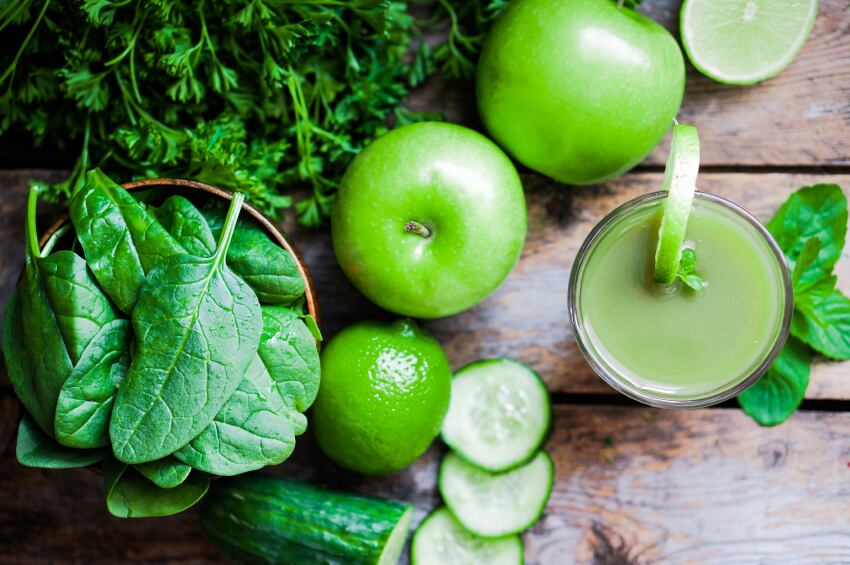The warnings come amid the recent slump that has seen the pound drop below €1.10 this week. This fall represented a six-and-a-half-year low for the currency against the euro.
“The UK fresh produce industry operates on slim margins, and the recent slump in sterling is causing significant pressures with increases of around 15% in costs,” said Nigel Jenney, FPC chief executive.
“Suppliers are working hard to continue to minimise the impact, but unless the UK Government restores confidence quickly in the UK economy it’s inevitable that in the near future these costs will eventually filter through to the UK consumer.”
Jenney expressed additional concerns that revolved around the country’s reliance on Europe for its supply of fresh produce, many of which cannot be grown in the UK.
The UK currently imports 67% of its fresh fruit and vegetables, providing a sustainable supply of a wide range of products throughout the year.
He added that it was vital that the UK secured a beneficial trading agreement with the EU as well as with third countries in order to meet demand from UK consumers for fresh produce all year round.
Sterling slump standoff

Fears as to what effect Brexit would have on the British retail landscape were demonstrated last week by the recent Tesco-Unilever spat in which the retail giant refused to swallow price rises of roughly 10% imposed by Unilever.
It meant popular brands like Ben & Jerry's ice cream and Persil washing powder and the iconic Marmite were briefly unavailable on Tesco's website.
The prospect of a repeat performance with other supermarkets has been predicted. Ian Wright, director general at the Food and Drink Federation (FDF) earlier said the stalemate was "emblematic of what will come."
Fresh produce action plan

The FPC outlined a series of actions that they urged the UK Government to make a priority. Along with the need to inject stability both in currency and economic terms, the consortium also called on the government to provide clarity for EU workers in the industry and provision of a future workforce.
Other actions include securing beneficial trade agreements to provide a seamless transition post-Brexit with the European Union and global trading partners.
The consortium also wanted assurances that UK Government would put funding in place to maintain competitiveness for UK growers.
“We recognise both the challenges and opportunities of a future outside the European Union,” said Jenney.
“It’s vital that our Government works with us to set the path for a positive future for the thousands of people employed in our industry, both UK citizens and much needed workers from the European Union and overseas.”
“The FPC is striving on behalf of its members to make sure that their voice is heard.”
According to the UK Government’s Department for Environment, Food and Rural Affairs (Defra), overall UK fruit and vegetable production was 3.3m tonnes in 2015.
UK production of vegetables accounted for 55% of the UK total supply, with a value of €1.4 bn.
Home production of fruit was 14% of UK total supply, with a value of €681m.
Eurostat placed the total market volume for the UK importation of fruit and veg in 2015 at 5.3 million tonnes, at a value of €7.6 bn.
